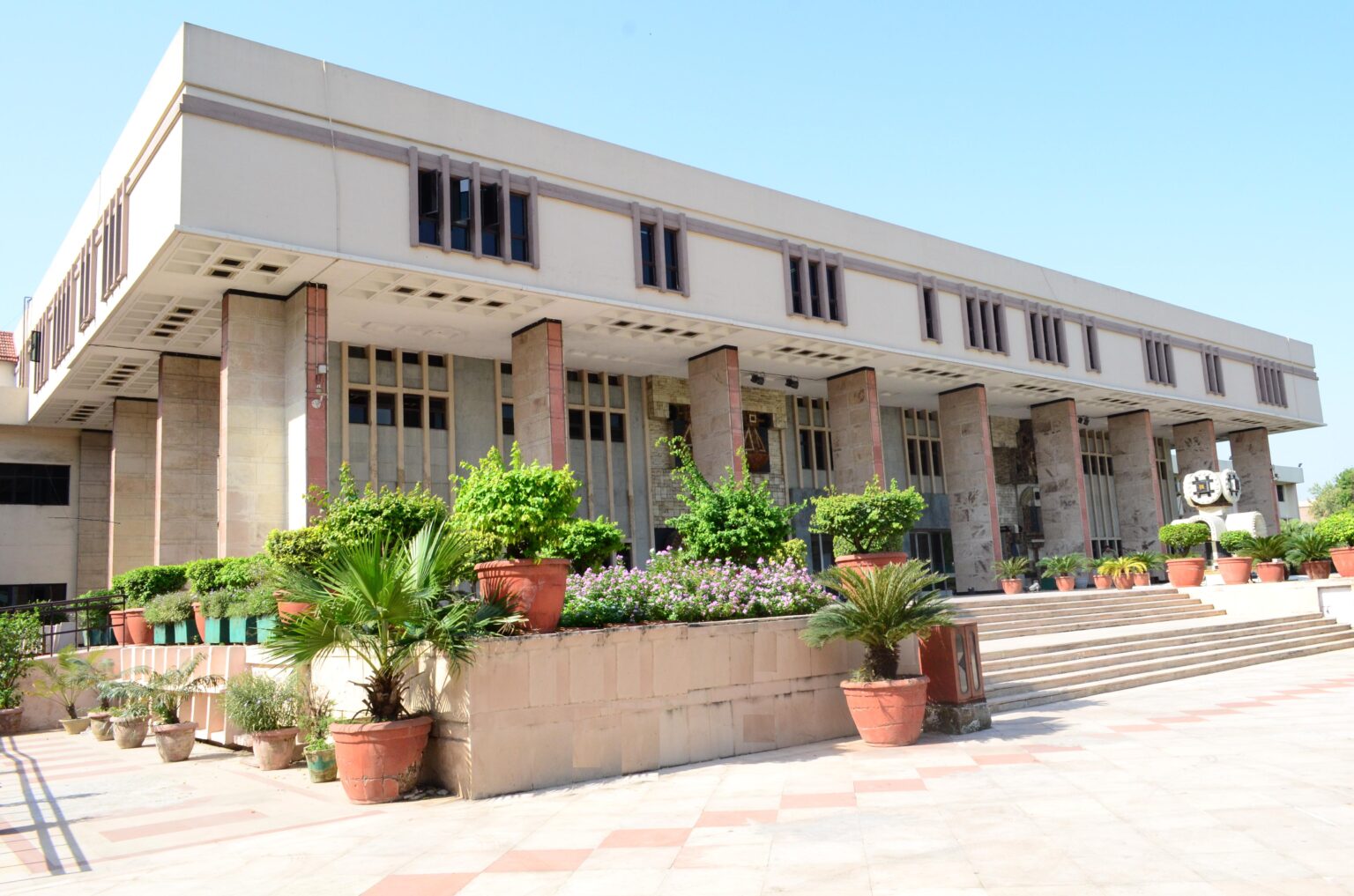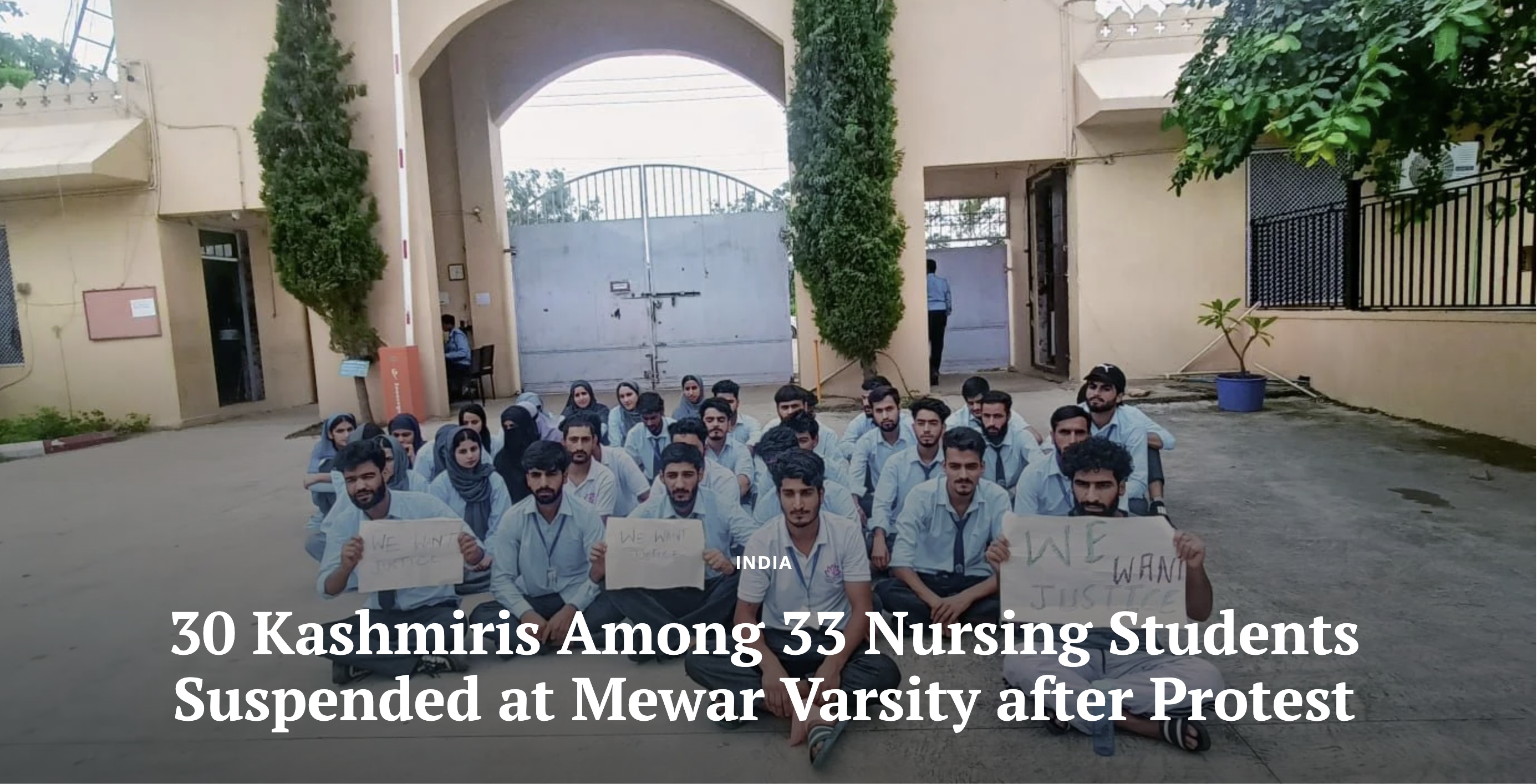
By Kazim Alam
The government in the northeastern state of Assam in India has announced plans to enact legislation that analysts say targets the minority Muslim population.
Dubbed an anti-“love jihad” measure, the proposed law promises life imprisonment for coerced religious conversions through marriage and allows for the arrest of the accused man’s parents.
Analysts say the legislation is designed to vilify Muslim men as predators and fracture the fragile communal harmony in a state already scarred by ethnic strife.
The announcement, made on October 22, bundles the “love jihad” bill with others, targeting polygamy and land rights for tea tribes. But it is the former that has ignited outrage.
Assam Chief Minister Himanta Biswa Sarma, who belongs to the right-wing BJP party of Prime Minister Narendra Modi, declared the proposed legislation “historic,” while framing it as a shield for “social harmony”.
Yet, beneath the rhetoric lies a pattern of exclusionary politics, which paints Assam’s 34 percent Muslim population as an existential threat to the state’s “indigenous” identity.
With provincial elections looming in 2026, analysts say the move will create further polarisation, diverting attention from pressing crises like annual floods that displace millions.
Aman Wadud, a spokesperson for the opposition Congress party in Assam, is highly critical of the move. “The entire thing is ambiguous. It’s a false Hindutva narrative,” he tells TRT World.
He points out that other Indian states that have enacted similar laws also failed to define the baffling term of “love jihad”.
This story was originally published in trtworld.com. Read the full story here.






